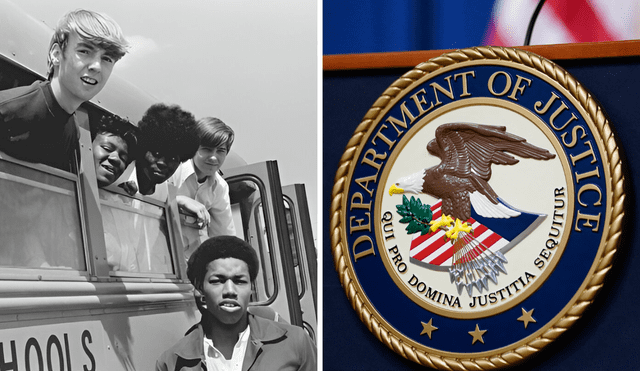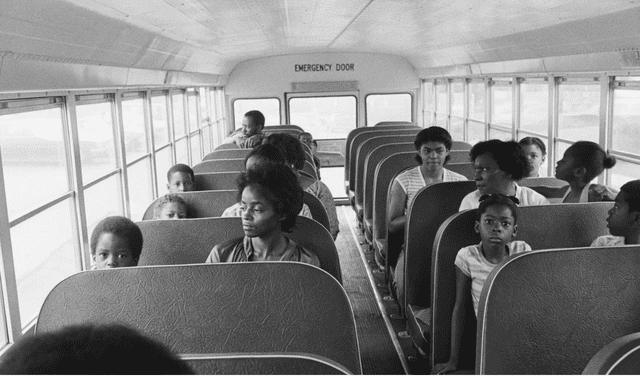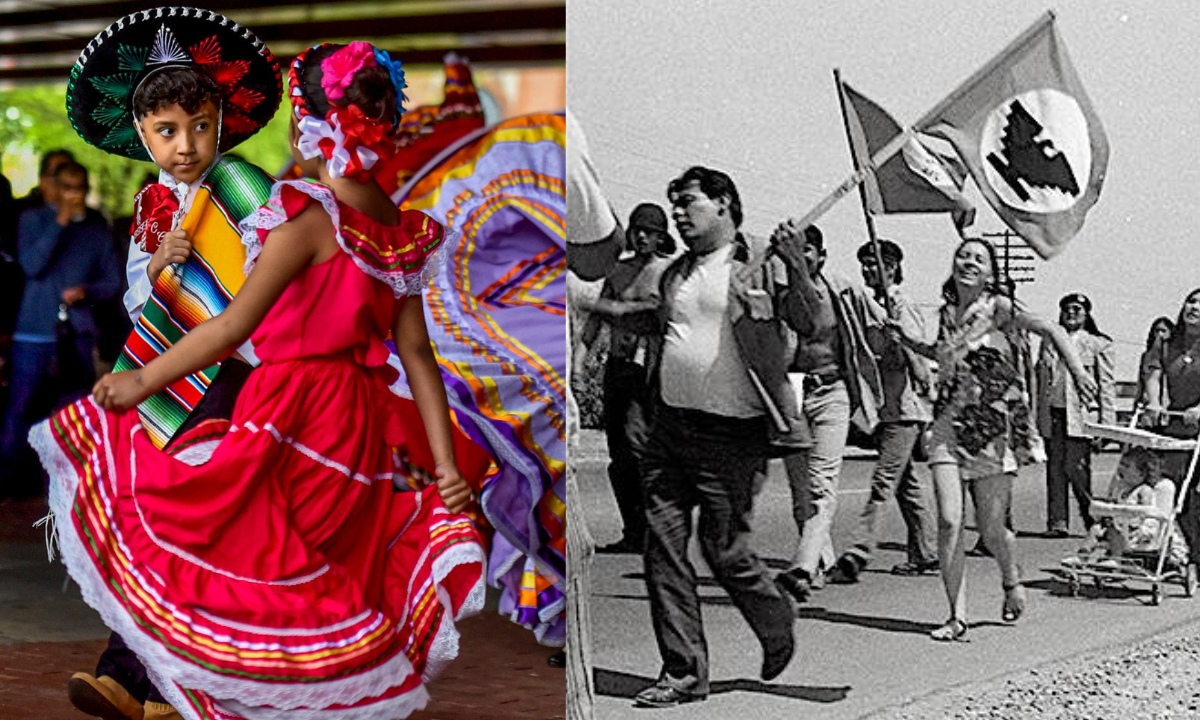Department of Justice ends civil rights-era school desegregation order in Louisiana
The U.S. Department of Justice has officially terminated a decades-old desegregation order in Plaquemines Parish, prompting renewed debate over the legacy and necessity of such legal agreements.

The U.S. Department of Justice announced this week the dismissal of a 1966 school desegregation order in Plaquemines Parish, Louisiana, calling its ongoing existence a “historic error.” The move, endorsed by Trump-era DOJ officials, is part of a broader push to reconsider federal oversight tied to Civil Rights-era mandates in the American South.
Justice Department officials indicated their intention to review similar cases still active across dozens of school districts. Though framed by some as administrative clean-up, civil rights advocates warn the rollbacks could jeopardize integration efforts that remain incomplete, especially in districts still showing racial disparities in access and outcomes.

ALSO SEE: US immigration: Palestinian Columbia student detained after protests against the Gaza war released
Legal order lifted after years of dormancy
The case in question involved Plaquemines Parish, a small school district in southeastern Louisiana. Although officials determined that the district had met desegregation requirements by 1975, court oversight continued due to administrative inaction. With the original judge deceased and the case inactive for nearly 50 years, both the DOJ and Louisiana’s Attorney General agreed to dismiss the case, declaring it resolved.
Superintendent Shelley Ritz noted that even as recently as 2023, DOJ officials were visiting schools and requesting reports on hiring, discipline, and enrollment practices—paperwork she said was burdensome for a district with fewer than 4,000 students. DOJ officials argued that such oversight was outdated and unnecessary, given the district’s longstanding compliance.

People of color gathered on the same school bus a few decades ago. Photo: Axios
Civil rights groups warn of setback in integration
Critics argue that the elimination of longstanding desegregation orders could reverse progress made since the Civil Rights Movement. More than 130 school districts, primarily in the Deep South, still operate under court supervision or agreements with the Department of Justice. Many fear that ending these agreements may accelerate resegregation trends already underway in some regions.
Organizations such as the NAACP Legal Defense Fund have previously used consent decrees to challenge discriminatory practices, including pandemic-related service disruptions and school closures near hazardous sites. Experts say the dismissal of such cases could limit legal recourse in future instances of racial inequity in education.












